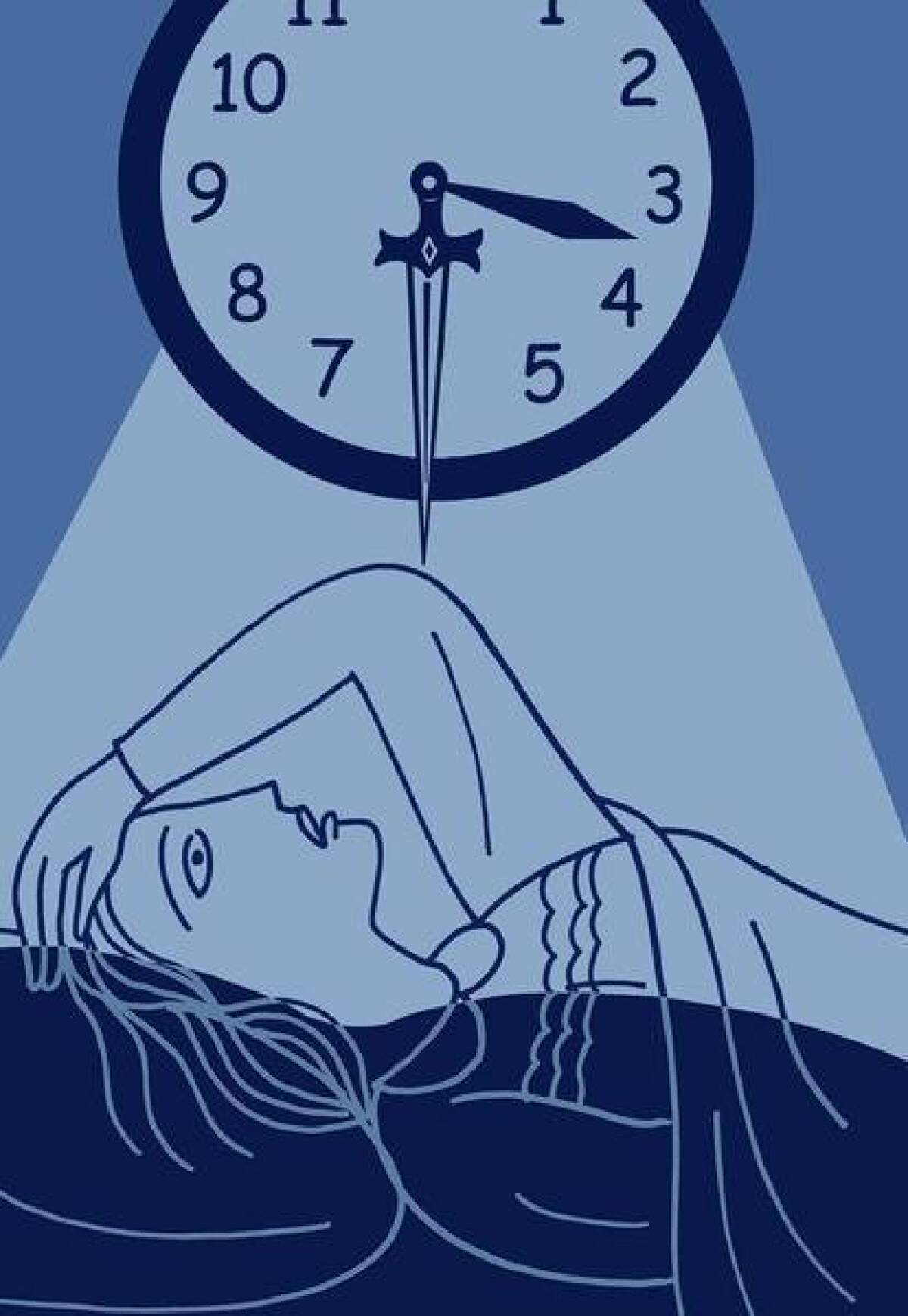Uglier, sadder and dumber? You’re probably an insomniac

Sleep deprivation makes people look unattractive and sad, according to a small study in the academic journal Sleep. That should seem obvious to anyone who’s ever looked at themselves in the mirror after skimping on sleep, but the analysis is interesting.
“Since faces contain a lot of information on which humans base their interactions with each other, how fatigued a person appears may affect how others behave toward them,” says doctoral candidate Tina Sundelin. “This is relevant not only for private social interactions, but also official ones such as with health care professionals, and in public safety.” (Learn more about the sleep deprivation study from the Atlantic’s health editor James Hamblin.)
Still, insomniacs have more to worry about than appearance.
Another study published this week, this one on in the Journal of Neuroscience, warns that sleep deprivation may damage the brain.
And the concerns don’t stop there. “Sleep disorders have been linked to diabetes, obesity, cardiovascular disease and depression,” says Paul Bogard, author of “The End of Night: Searching for Natural Darkness in an Age of Artificial Light.”
In a 2012 Times Op-Ed saluting the winter solstice, Bogard encouraged readers to embrace darkness on the shortest day of the year. “All life evolved to the steady rhythm of bright days and dark nights. Today, though, when we feel the closeness of nightfall, we reach quickly for a light switch. And too little darkness, meaning too much artificial light at night, spells trouble for all,” he wrote.
Light pollution, of course, isn’t the only reason people have trouble sleeping. There are a number of reasons for sleep deprivation. (Remember this Op-Ed, “Night terrors of the uninsured,” by Diana Wagman?)
Still, it’s a significant contributor to a problem that’s bigger than it seems. For example: “Our bodies need darkness to produce the hormone melatonin, which keeps certain cancers from developing, and our bodies need darkness for sleep,” Bogard warned in his winter solstice Op-Ed.
Sleep also helps us strengthen our memory and synthesize information, says neuroscientist Penelope Lewis. In an August interview with Terry Gross on NPR’s “Fresh Air,” Lewis explained:
“Across the day while we’re busy doing things, experiencing things, seeing things, hearing things, learning things, processing different kinds of information, the connections between neurons in the brain get strengthened because they’re trying to retain all of this information. And an awful lot of it is garbage; it’s stuff you don’t want to remember or don’t care about — what you had for breakfast, or the color of a stain on the cover of a book or something. It’s really not useful or interesting.
“And the problem is, if you keep storing all of this stuff, you reach capacity and you can’t keep storing more. And so what happens during sleep, and specifically during the deep stage of sleep that we call slow-wave sleep, is that all of those synapses get downscaled again. So where they’ve been strengthened up, they all get proportionally downscaled.”
Lewis went on to provide some interesting and valuable tips for how to fall asleep, which you can listen to here.
ALSO:
School dress codes: Miniskirt madness
‘My Dinner with Assad’ haunts John Kerry
Follow Alexandra Le Tellier on Twitter @alexletellier and Google+
More to Read
A cure for the common opinion
Get thought-provoking perspectives with our weekly newsletter.
You may occasionally receive promotional content from the Los Angeles Times.










